Amazon Bans Culture of Critique and Separation and Its Discontents
Twenty-one years after a respected academic publisher, Praeger, published Culture of Critique and Separation and Its Discontents, they have been banned on Amazon. A People that Shall Dwell Alone is still available. This comes only around two weeks after they banned books by Jared Taylor and Greg Johnson. This is an extension of the de-platforming from financial sites and PayPal, Patreon, Coinbase, and credit card companies that has hit pretty much all sites on the dissident right, including TOO and TOQ. Clearly the establishment is terrified that these ideas are gaining traction, and it illustrates once again, that the culturally dominant left cares nothing for free speech as a pillar of American civilization. I am now deeply worried that if the left obtains power in the next election, what has happened thus far will pale in comparison to what lies ahead. Private companies like Amazon cannot impose criminal penalties, but if the left manages to redefine the First Amendment, as they would certainly love to do, there will be a very real prospect of imprisonment and heavy fines — even for well-argued, well-supported statements and writings. This has already happened in several parts of the EU, and the left has already developed sophisticated legal theories aimed at getting around the First Amendment. Supreme Court liberals, like Elena Kagan (who has already shown her proclivities in this area), are sure to be thinking along these lines.
Like pretty much everyone associated with the dissident right, I celebrated the election of Donald Trump. However, it’s clear that the populist, anti-immigration themes of Trump’s rhetoric have energized the left to a fever pitch. Trump has been unsuccessful or unwilling to carry through his promises on immigration, and there has been a barrage of investigations and impeachment talk beginning as soon as he took office. The liberal/left cultural establishment might have let things continue as they had been going for several decades if Jeb or Hillary had been elected. From the perspective on the left, everything was on course. There would be polite disagreements between Democrats and Republicans while the latter gradually ceded ever more ground in the culture wars; in the not too distant future, the Republican viability in national elections would be destroyed by the new Democrat voters they collaborated in importing. But it would all be very gradual.
However, Trump won, and to make things worse, there were populist stirrings in Europe, with the success of Brexit and with several European governments openly defying their EU masters on immigration and the ideal of multiculturalism. The response of the left, which should have been completely predictable, has been to do everything they can to ramp up immigration and even lower the voting age so that they are assured of winning future elections. And they have targeted the ideas of the dissident/populist right for suppression. Again, we are just seeing the beginning of what promises to be a very ugly war.
Like others on the dissident/populist right, we will not stop doing what we are doing, even if it means less visibility for our ideas and less financial support. It’s inevitable that Whites wake up to their dispossession and to the increasing hate directed against them from our cultural elites. Barring a USSR-type government, I’m not at all sure that our ideas can be prevented from triumphing. And that has our hostile elites very worried.
These books are still available from the publisher:
Culture of Critique
Separation and Its Discontents
From Barnes & Nobel (when I click on the link, I get a pop-up with a 15% discount)”
Culture of Critique
Separation and Its Discontents
In Canada, at
Culture of Critique
Separation and Its Discontents
This is what I got from Amazon. In subsequent emails, they just keep repeating that these books were found to violate “content guidelines,” even though I pointed out that they were published 21 years ago by a respected academic publisher. No specifics. No appeal process.
From: Kindle Direct Publishing kindlecontent-review@amazon.com
Sent: Monday, March 11, 2019 4:37 PM
To: Kevin MacDonald
Subject: Alert from Amazon KDP for 2 Title(s)
Hello,
We’re contacting you regarding the following book:
Separation and Its Discontents: Toward an Evolutionary Theory of Anti-Semitism by MacDonald, Kevin (AUTHOR) (ID: 4392904)
The Culture of Critique: Toward an Evolutionary Theory of Jewish Involvement in Twentieth-Century Intellectual and Political Movements by MacDonald, Kevin (AUTHOR) (ID: 3285482)
During our review process, we found that this content is in violation of our content guidelines. As a result, we cannot offer this book for sale. If we identify additional submissions with similar content that violates our guidelines you may lose access to optional KDP services and/or face account level actions up to and including termination.
You can find our content guidelines on the KDP website:
Best regards,
Amazon KDP

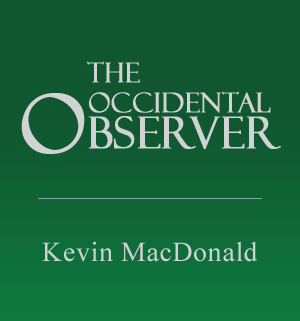
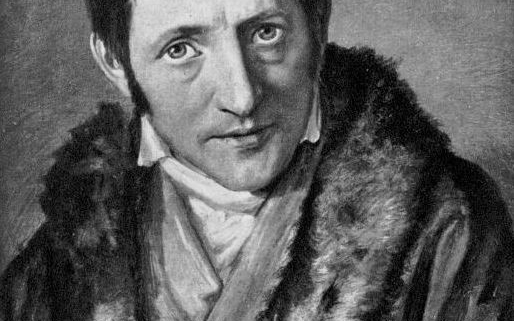
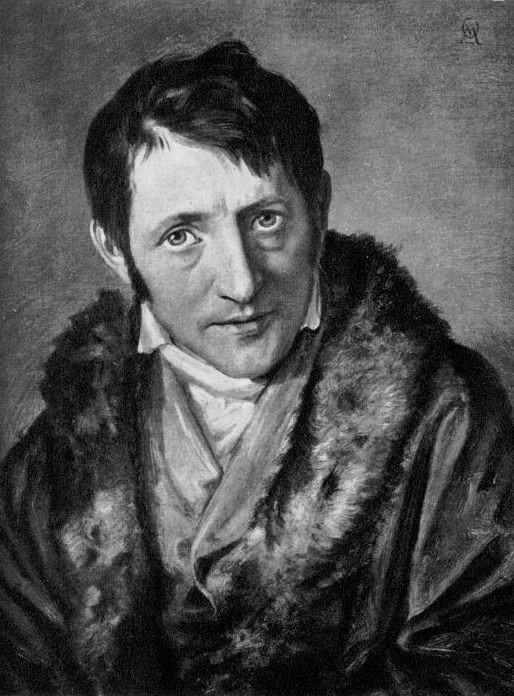


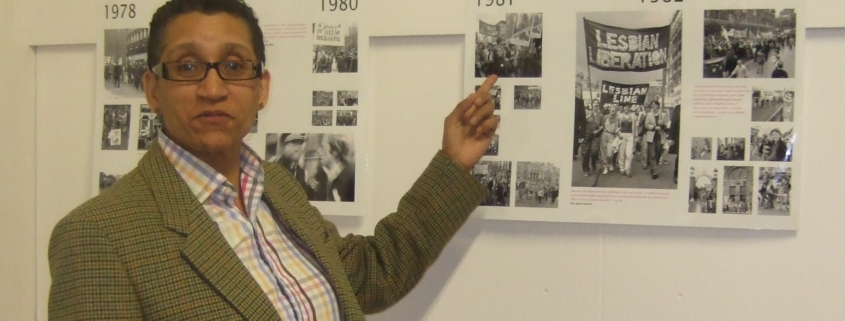
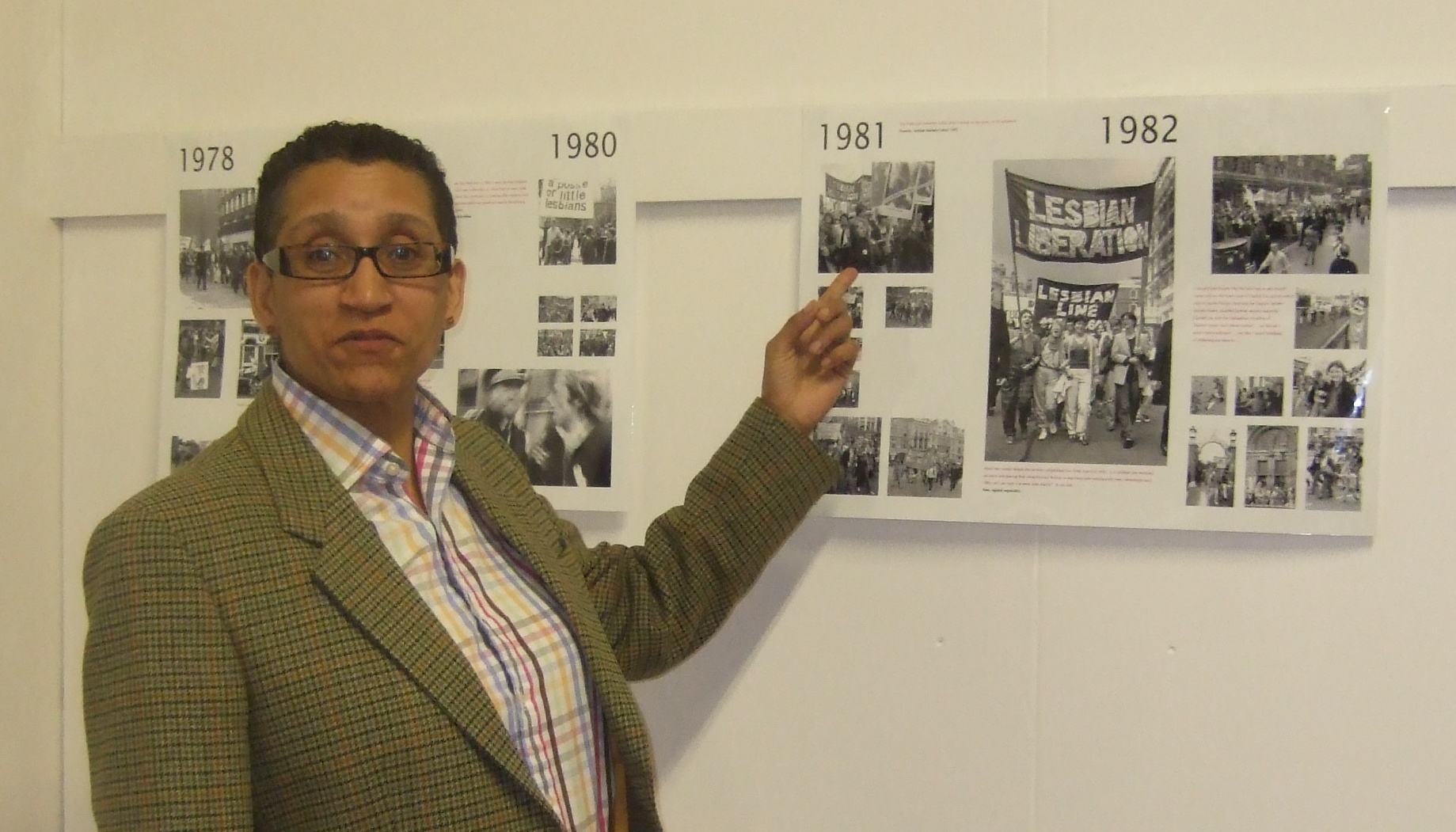
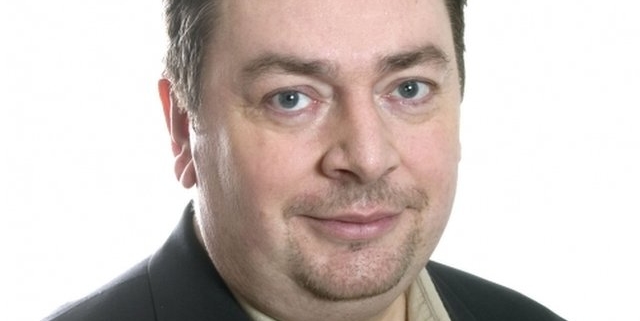
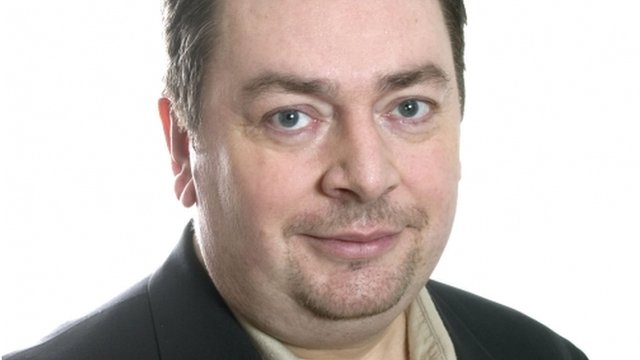 The “ex-communist”
The “ex-communist” 


